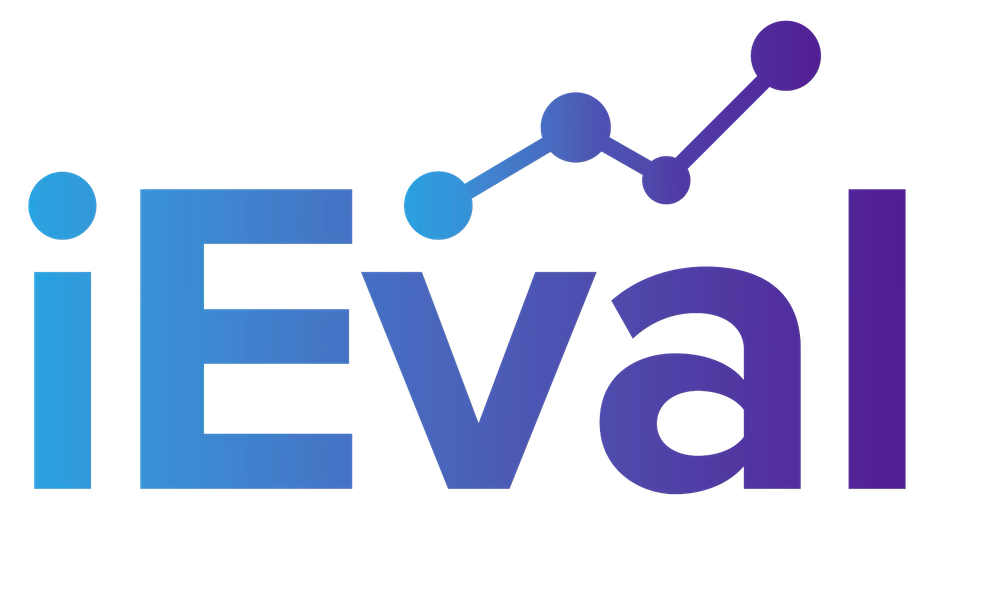Continuing our temporary monthly component of asking some of our clients to serve as guest bloggers, sharing their perspectives on how specific evaluation tools are useful or how they use evaluation findings in their jobs, next up is Keri Retzloff. Keri is the project director for SPARKS, a 21st Century Community Learning Centers program that has been running for 13 years in northern Michigan. Here are some of Keri’s thoughts on how she sees evaluation as be useful…
The evaluation we receive from iEval reaches far beyond data and statistics. The evaluation team takes the time to walk you through the data and helps to explain it further so that the data can be used to create real impact in your program and with students/families. Some examples of how the evaluation team encourages use are:
- Wendy (the evaluation lead) has come to our staff meetings and helped guide us through some evaluation/goal pieces to help guide our staff in creating meaningful goals that represent areas of growth needed in the program.
- Wendy has helped us look at our individual data, review areas of improvement, and then helped to create and work us through some steps to help achieve those goals.
- The iEval team is always available to work through a problem, be a sounding board, and give an outside constructive view to solve challenges in programs.
Due to the follow-up and relationship that the evaluation team has with their clients, the evaluation they provide has a large impact. They present data in a non-threatening, easily understood, coaching style approach. This allows the client receiving the data to feel at ease asking questions and digging deeper into the data.
By providing opportunities such as Camp iEval, asking questions, gathering perspectives of all interested parties (school day teachers, after-school staff, parents, students, etc.), and giving non-judgmental recommendations, the evaluation team has created a respectful relationship with the clients where mutual trust and respect are shared.
KERI’S USEFUL TIP: Develop a relationship with your external evaluators, this will help improve your comfort level as you ask questions and use the data.

